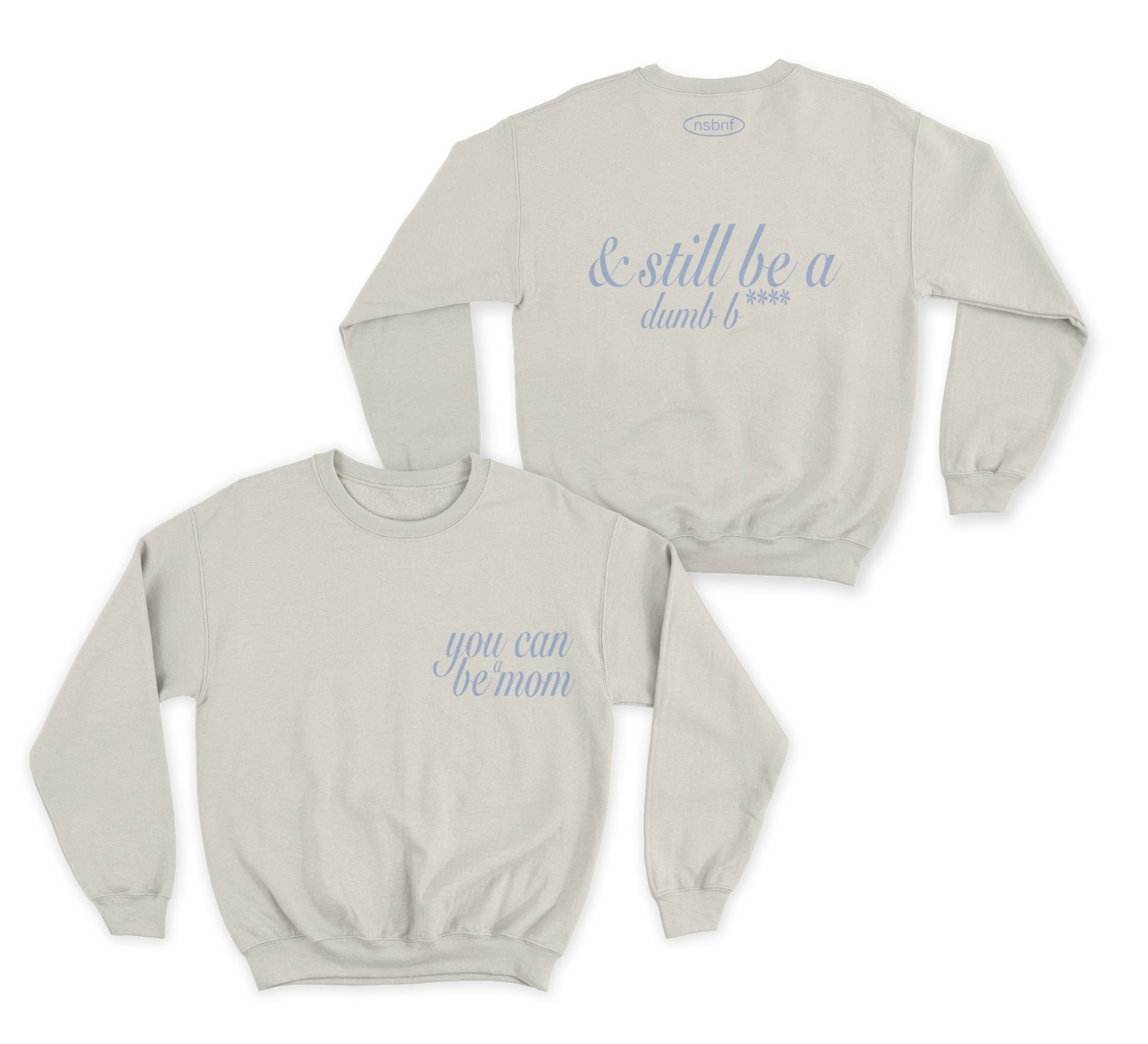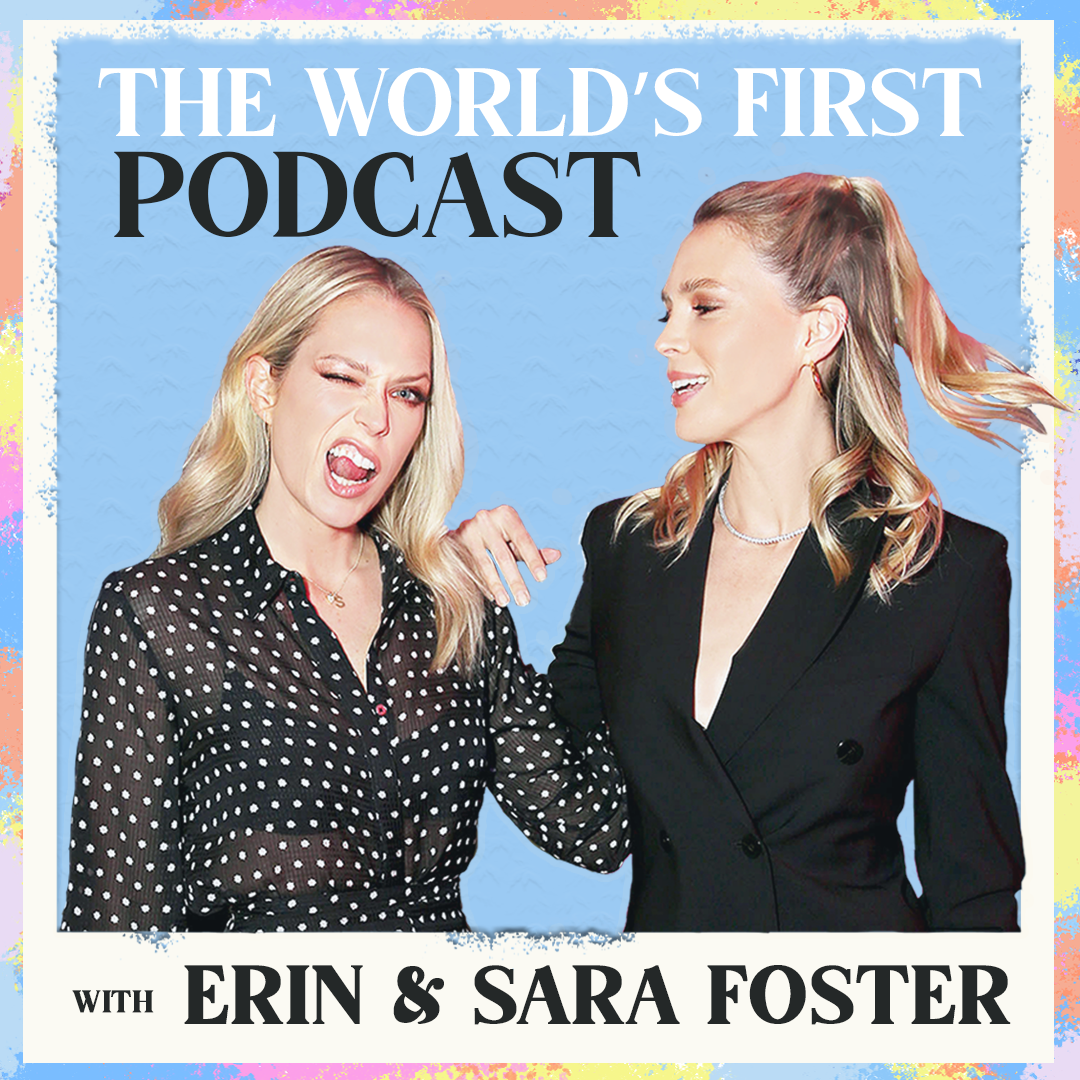13 Best Books on Emotional Intelligence

Let’s take a beat to talk about something we often overlook: emotional intelligence. It’s all about knowing your feels, reading a room, and using all that knowledge to move through the room like a boss. But here’s the thing: it’s not just about being in tune with your emotions. It’s about managing them, using them for good, and connecting with people on a deeper level.
These things can be a real challenge—sometimes our feelings are so big it seems like it might be better to shove them down, lock them up, and never look at them again. Right? The truth is, putting in the time to develop your emotional intelligence has big benefits. It can help you achieve greater success in both your personal and professional life. It makes relationship management a hell of a lot easier, which leads to ease in your friendships, relationships, and partnerships.
So, how do you develop this killer tool in your arsenal? One of the best ways to understand and develop emotional intelligence is through reading books about it. This way, you can learn more and reflect on what you’ve learned. That’s why today, we’re rounding up all the best emotional intelligence books!

13 Best Books on Emotional Intelligence
Emotional Intelligence: Why It Can Matter More Than IQ by Daniel Goleman
A key point of this book is emotional intelligence traits—self-awareness, self-management, and empathy—can be strengthened throughout adulthood. Unlike IQ, emotional intelligence can grow and improve over time, continuing to develop as we age. When we invest into our emotional strengths and weaknesses, we grow and get better.
In this bestselling book, Daniel Goleman, author of Emotional Intelligence, dives into research showing insight into our “two minds” (the rational and the emotional) and how they might work together.
Looking for ways to flex those emotional intelligence muscles? These 7 Trainings of Emotional Fitness from Well with Arielle Lorre can help you develop that emotional beach bod.
Emotional Intelligence 2.0 by Travis Bradberry and Jean Greaves
Let’s be real, a competitive workplace can be the ultimate stressor. You want to come prepared with all the right tools to get the job of your dreams and stand out while doing so. If you’re stuck and don’t know where to start, this book has all the tools you need.
Think of “Emotional Intelligence 2.0” as your step-by-step guide for instant success. It provides practical applications of our four core emotional intelligence skills: self-awareness, self-management, social awareness, and relationship management. When you invest in these skills, you’re investing in yourself. This episode of Real Pod talks alllll about showing up with the right amount of confidence, too.
Primal Leadership by Daniel Goleman, Richard Boyatzis, and Annie McKee
This book underscores the extreme importance of emotional intelligence in leadership. It draws from decades of research showing that great leaders have something called “resonance.” Resonance is the ability to drive emotions in a positive direction to get results, as well as using different leadership styles as required by each situation they encounter.
This book redefines the expectations of successful leadership to not only be skilled and smart, but to use emotional intelligence competencies like self-awareness and empathy to get the job done.
Author Annie McKee also wrote a helpful quiz for the Harvard Business Review to determine if you lead with emotional intelligence. After you’re done reading, jump into some of the best Dear Media podcasts on leadership! These babies are packed full of skills that will lead you to leadership road of success.
The Power of Emotions at Work by Karla McLaren
We’ve all heard that age-old advice that when at work, you need to show zero emotions. But if you ask us (and Karla McLaren), that sh*t is outdated! Being in tune with your emotions is like a superpower. If you’re stuffing your feelings down and avoiding them, you’re eventually gonna notice a loss in productivity, decreased creativity, and job satisfaction. Basically, burnout times ten.
Instead, you want to be an emotional entrepreneur, using your emotions to your advantage in the workplace. “The Power of Emotions at Work” can show you how to co-create healthy social skills in the workplace, how to identify your emotional role and the roles of others, and how to support those responsible for emotional labor in your workplace.
Atlas of the Heart: Mapping Meaningful Connection and the Language of Human Experience by Brené Brown
There’s a lot of research out there debating exactly how many emotions exist in each of us. And honest answer? There’s no definitive answer! But, Brené Brown talks about eighty-seven of the emotions in her book, “Atlas of the Heart,” and it has us totally hooked. She strongly believes that these skills based off emotional intelligence shape who we are and how we connect with other people.
In Atlas of the Heart, Brown maps out these eighty-seven emotions and experiences that define what it means to be human. She provides skills and an actionable framework for meaningful connection through putting a name and language to our feelings, allowing us to be brave and vulnerable. Listen to this episode of Life with Marianna for more on channeling vulnerability!
Leadership: The Power of Emotional Intelligence by Daniel Goleman
Daniel Goleman is a leader in the field of emotional intelligence, especially when it comes to applying emotional intelligence to pillars of leadership. This book is Goleman’s first comprehensive collection of his key findings on leadership, and it really delivers.
Goleman wants you to consider his novel your emotional intelligence toolbox. Every chapter is different from the rest and can help leaders in every walk of life. Not only does he introduce us to the different types of leadership styles, but he also tells us which style is best to use, and when/how to use your leadership knowledge the right way. Basically, you need this book ASAP. Oh, and you need to listen to this episode of Transform for more leadership empowerment!
The Language of Emotional Intelligence: The Five Essential Tools for Building Powerful and Effective Relationships by Jeanne Segal
If you’re looking for easily applicable tools for raising your emotional IQ, look no further. Jeanne Segal has put together a practical, ready-to-use guide for building your emotional muscles. This book provides the reader with five essential tools to develop emotional competence in order to benefit your relationships in the workplace, at home, and in your social life.
Wanna know the easiest way people are able to apply newfound knowledge to their everyday life? Real-life examples. Which makes a lot of sense, right? When you’re able to relate to something, it’s sooo much easier to understand it. In this book, you’ll learn how to “read” other people, make connects, settle arguments and conflicts, repair old-wounds, and build longer-lasting relationships. Oh, and there’s a ton of exercises, self-quizzes, and calming techniques. Jeanne Segal really didn’t miss a thing in this book!
Empathy Effect: Seven Neuroscience-Based Keys for Transforming the Way We Live, Love, Work, and Connect Across Differences by Helen Reiss
Love a research-based, neuroscience approach to feelings? Then check out the Empathy Effect. Helen Reiss discusses how we are all in constant, natural resonance with one another’s feelings. Reiss aims to provide a definitive resource on empathy, engaging with the science behind how it works, new research on how it develops, and tools for building your capacity for empathy. This book increases your ability to create an authentic connection with others in any situation.
Reiss discusses what she calls the “E.M.P.A.T.H.Y. method,” which is her seven-step program for learning how to increase your empathy in every capacity. You won’t just learn how empathy works, you’ll learn all the necessary tools for harnessing these skills and using them to better yourself and those around you. But, remember this episode of Dear Gabby. You don’t want to become an empathetic door mat! Between reading the book and listening to that podcast episode, you can discover the perfect middle ground.

The Color of Emotional Intelligence: Elevating Our Self and Social Awareness to Address Inequities by Farah Harris
We all know the feeling of getting cut off in traffic and having to bite our tongues and take a few deep breaths to avoid reacting. Farah Harris talks about how not only is it emotionally taxing to keep these feelings of frustration inside, but we’re also using various degrees of emotional intelligence while doing so. Sounds kinda counterintuitive, but stick with us.
This book explores how emotional intelligence can break barriers to equity. Harris uses personal stories to help readers understand the fundamentals of emotional intelligence and why it’s so hard to apply. It also examines different types of stressors, which explains why unhealthy defensive tactics are ultimate go-to’s when we aren’t in tune with our emotions. This book is full of simple, easy-to-apply tools for elevating your emotional intelligence.
Self-Awareness (HBR Emotional Intelligence Series)
Self awareness, one of the four core components of emotional intelligence, allows you to see your talents, shortcomings, and potential. This book helps you understand your thoughts and emotions to spark more productive relationships with coworkers, employees, and bosses. This volume includes the work of emotional intelligence thought leaders like Daniel Goleman, Robert Steven Kaplan, and Susan David—names we’re already familiar with!
Each book is deeply personal and relatable, while also being reliable on research. After reading, you’ll better understand your emotions, encourage others to share theirs, and learn how self-awareness sparks productivity. If you’re struggling in the workplace, pick this up ASAP!
Daring Greatly: How the Courage to Be Vulnerable Transforms the Way We Live, Love, Parent, and Lead by Brené Brown
Another book by Brown makes the list, as the power to be vulnerable is an important aspect of emotional intelligence. In this book, Brown uses 12 years of pioneering research to dispel the myth that vulnerability is weakness. News flash: It’s not!
Instead, Brown argues the vulnerability makes us stronger, and it is our most accurate measure of courage. Vulnerability is the core of difficult emotions, but it‘s also the thing that gives us the ability to feel joy. She writes: “When we shut ourselves off from vulnerability, we distance ourselves from the experiences that bring purpose and meaning to our lives.” That’s a damn good quote!
For more on vulnerability listen to the episode of Him & Her called Peak Performance, How To Achieve Your Goals, Vulnerability, & How To Recover During Tough Times.
EQ Applied: The Real-World Guide to Emotional Intelligence by Justin Bariso
This book brings the concept of emotional intelligence into the now—where social media (and more) threatens to complicate relationships. EQ Applied teaches you to channel your strong, “negative” emotions in a way that helps you to improve your relationships by breaking down barriers.
We love that this book explains how thoughts and habits affect emotions, and teaches us how to replace bad habits. Lastly, you’ll learn how people use emotions to manipulate you, and how you can guard against that.
Emotional Agility by Susan David
“Emotional Agility” examines the path of the successful and finds that many find are detoured along their path to success. This book argues that “emotional agility” is the difference maker between success and failure. Big whoa!
Emotional agility is a science-based approach that helps us navigate life’s twists and turns—even the overwhelming ones. This book encourages accepting those twists and turns with self-acceptance, clear-sightedness, and an open mind. Susan David wrote this book after studying emotions, happiness, and achievement for over twenty years. Basically, you know she knows her sh*t.
The Emotional Life of Your Brain: How Its Unique Patterns Affect the Way You Think, Feel, and Live—and How You Can Change Them by Richard Davidson
If you’re someone who wants to get to the core of each emotional skill, this book is where it’s at. Davidson dives deep into the brain and behavioral skills that feel kind of like second-nature to most of us. Like… why are some people able to bounce back after a breakup and some can’t get out of bed? (No shame at all, it’s just a testament to how everyone’s different!).
This New York Times bestseller explores how emotional style varies across continuums: resilience, outlook, social intuition, self-awareness, sensitivity, and attention. Davison says that our ranking on each of these emotional “ladders” forms our “emotional fingerprint.” It’s super insightful stuff that you can’t miss out on.
The Body Keeps the Score: Brain, Mind, and Body in the Healing of Trauma by Bessel van der Kolk, M.D.
This groundbreaking book took the world by storm when it came out, and it hasn’t stopped yet. You’ve probably seen its cover floating through Instagram stories, posted on bookstore bulletins, and even featured on news stories: the info discussed in this novel is real deal sh*t. You can find everyone from clinical professors of Harvard Medical School to other insightful authors acknowledging this novel’s power.
We’ve all experienced trauma, no matter who you are or what you came from—it’s just something that (unfortunately) happens. Dr. Bessel van der Kolk, a leading trauma expert, shows how trauma reshapes the brain and body—LITERALLY. He explores how trauma influences the brain, and its impacts on pleasure, engagement, self-control, and trust.
This book doesn’t just tell us about the hurt though, it tells us how to heal. By using our emotional intelligence along with the right set of tools, you’ll be unstoppable. We have a whole lot on trauma here at Dear Media. Just check out some of these episodes!
- Healing Trauma with Inner Child Work & Courage: Insights from Hollywood Stuntwoman, Kimberly Shannon Murphy – Dear Gabby
- Recess Isn’t Over: How to Reconnect with Your Inner Child – Transform
- How to Master Your Emotions, Overcome Uncertainty and Harness the Power of Your Brain with Neuropsychologist Dr. Julia DiGangi – Well with Arielle Lorre
- David Kessler On How To Overcome Trauma, Heal Yourself, Live With Grief & Move Forward – Him & Her Show
Permission to Feel by Marc Brackett
After studying emotional intelligence for decades, Brackett has designed a super effective plan to improve readers lives. He wants you to understand your emotions so you can use them for power, success, and overall well-being.
He talks about how at a young age, we’re taught to stifle our emotions and not show “weaknesses.” This, unsurprisingly, is the complete wrong way to go about things. So, how do we “reset” this mindset that we were taught so long ago? Brackett has combined rigor, science, and passion to challenge old views on emotional intelligence, giving you permission to feel again.

How’s your emotional IQ?
These books show us that our emotional IQ is something that can grow and change. So whether you’re a brilliant EQ baddie, or you’re adding every book in this list to your cart, emotional intelligence is something that can help you thrive in your everyday life. SO why not give it an investment? It’ll make everything easier!
Now that you’ve got all this reading to do, you might need something to help carry your books around, try this “Maintain Yourself” tote! Not only is it super cute, but it’s also a constant reminder that you’re full of self-love. And, don’t forget to check out The RedHeads Book Club! It’s a monthly book club via podcast, and it’s SOOOO fun to be a part of.
When you’re done flexing your EQ muscles, head over to the Dear Media blog for everything from relationship advice to health and wellness tips. Trust us, you don’t wanna miss a thing!



















